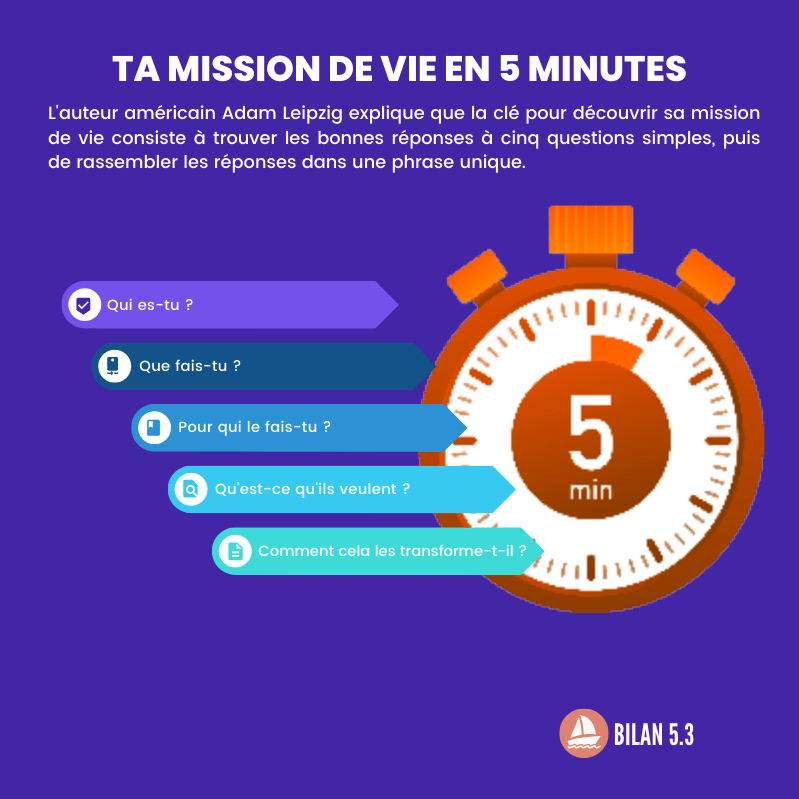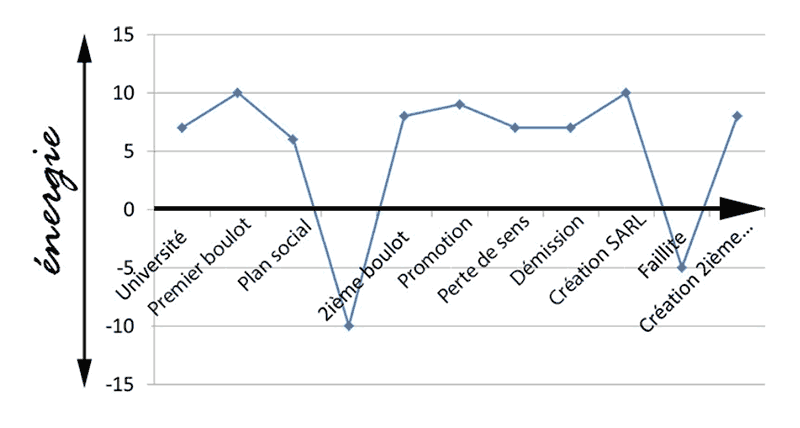At 71, Marc runs his 10 km every morning, rain or shine. His wife cooks “healthily”, he has never smoked, only drinks a little alcohol on special occasions and does not follow any treatment… However, he has made an appointment for the “Aging successfully” consultation. “I am convinced that prevention is better than cure,” he says. If my body is preparing me a dirty trick, I prefer to be alerted as soon as possible, to counter the threat more effectively. Marc has understood everything, because it is the very spirit of the unprecedented approach, concretized two years ago by Dr Jean-Philippe David, geriatrician, who opened this unique consultation in France.
Identify weaknesses invisible to the naked eye
Certainly, as a whole, the French enjoy a longevity that many envy them. But, as pointed out by a recent European study, these additional years do not always take place in good health. This is why Dr David receives people who are still fit, with one objective: to detect the signs of fragility before they manifest themselves and thus maintain autonomy and quality of life for a very long time. “The vision of inevitable and homogeneous aging is now out of date,” explains the doctor. Decreased muscle strength, for example, is infinitely variable. Some run the marathon at 80 when others are already in a wheelchair. Between these two extremes, the majority harbor weaknesses which cannot be seen with the naked eye, but which can be measured and, above all, corrected in time. »
We know that the determinants of future illnesses appear around the age of 55-60. It has also been proven that early intervention makes it possible to delay or avoid addiction, including in pathologies as serious asAlzheimer’s disease. “Combining physical activity and social life reduces the risk of the onset of the disease by 50%,” says Dr. David. And eating fish two or three times a week would slow its progress. »
A detailed medical and psychological assessment
Even before coming to the consultation, the patient receives a file to complete, exploring his personal and family history, his way of life: note for three days what he eats and drinks, in what quantity… He is also questioned about the quality of their relational and social life, since it has been proven that the solitude increases the risk of disease.
The person then comes to the day hospital for a battery of tests. The blood test will look for an inflammatory syndrome, involved in many pathologies, as well as vitamin deficiencies. All risk factors are explored: osteoporosis, incontinence, cognitive and sensory abilities, mood disorders… “A loss of skills in a single area is likely to lead to chain consequences, explains the specialist. All it takes is stress or a trivial illness for the patient not to recover. A new appointment is made a few weeks later for a detailed report.
Less than 10% of consultants then benefit from support. Above all, they gain valuable information and personalized prevention advice. This nurse in her fifties, who thought she was moving enough as part of her activity, realized that she was far from the recommended 10,000 daily steps. Since then, she has been making the work-home journeys on foot (4 km there and back). Marc, the dashing septuagenarian, was advised to vary his physical activities a little more, to work on flexibility and balance. And she was prescribed vitamin D supplementation.
Fewer illnesses, therefore less costs for the Sécu
Like almost a third of the patients, Joëlle, 54, was mainly worried about her sleep problems and concentration: “I’m reassured, but I’m going to make the recommended appointment to find the origin of my sleep disorders (snoring, apnea, etc.) and I intend to have a check-up fairly regularly. If we managed to delay the chronic diseases associated with aging, patients and society as a whole would gain by avoiding treatment, hospitalization and institutionalization. While this type of consultation has been developing in the United States and Canada for the past thirty years, Medicare is reluctant to cover them. It is true that they are difficult to fit into “boxes”: patient of too different ages to be covered by gerontology, not necessarily diagnosed disease…
Fit… up to 100?
“We recommend gestures, dietary habits, but refer to the attending physician for follow-up,” admits Dr. David. When the majority of seniors tend to adapt their activities to their physical condition, gradually reducing them, they refuse to resign themselves. Just like the Japanese Yuichiro Miura, who has just climbed Everest at the age of 80, or the Indian Fauja Singh who hung up his sneakers at the age of 101, after a final marathon, last February. “It’s a matter of luck, but you have to help him!” says Mark.















